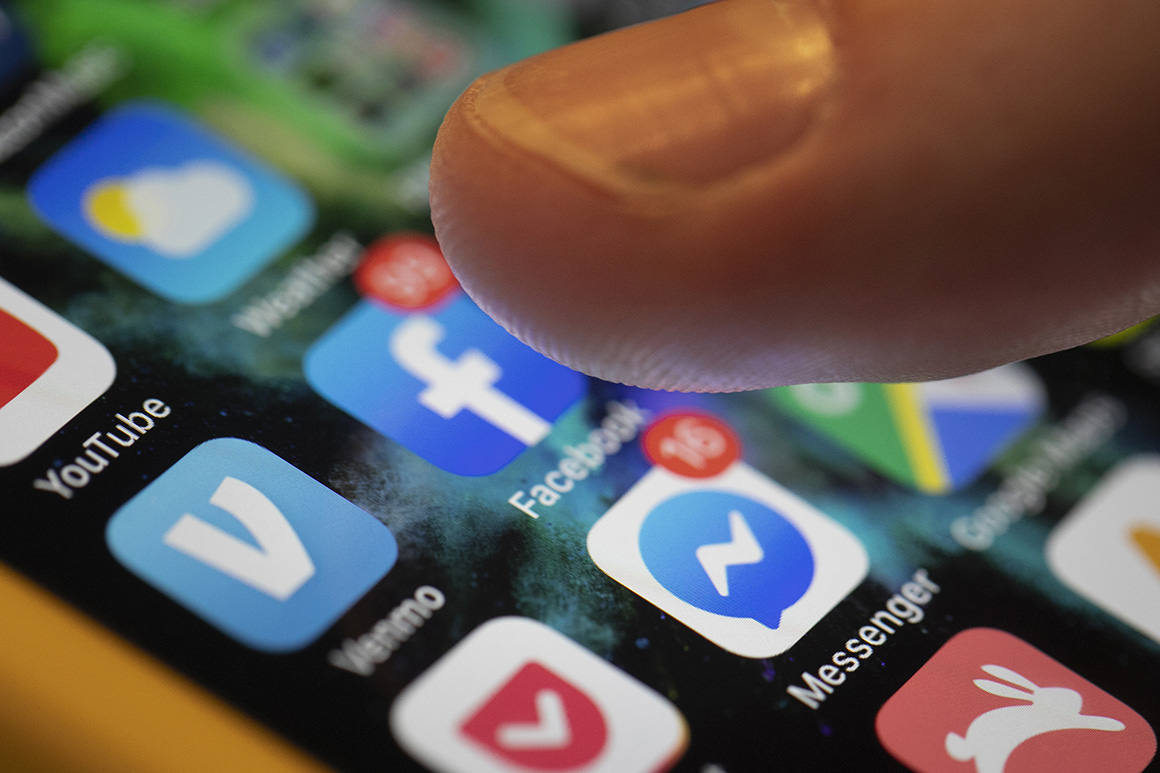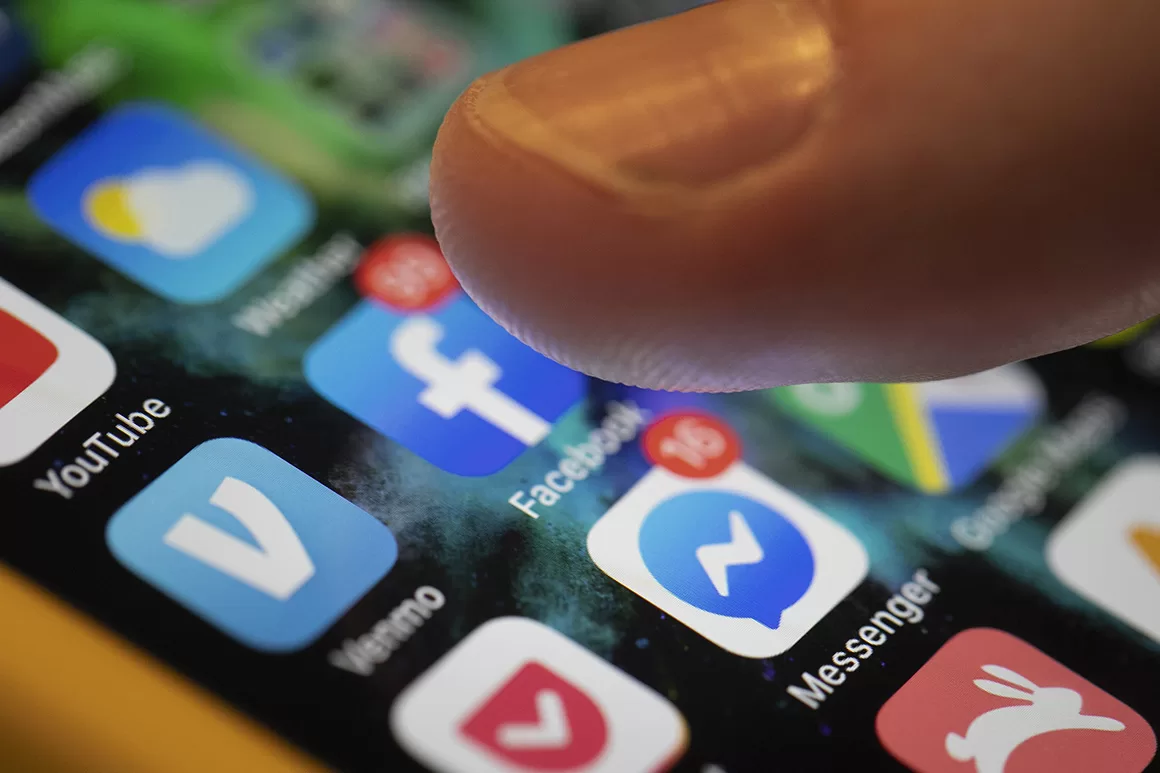
The text — which is a draft and could still change — is planned to be presented when political and security leaders gather at the Munich Security Conference starting Friday. The conference has seen tech firms take up increasing attention and space throughout the years, as threats like informational warfare and cyberattacks have risen.
Adobe, Google, Meta, Microsoft, OpenAI and TikTok hope to finalize and present details on Friday at the Munich Security Conference, according to a joint statement the companies gave to POLITICO.
“In a critical year for global elections, technology companies are working on an accord to combat the deceptive use of AI targeted at voters,” the statement said. “Adobe, Google, Meta, Microsoft, OpenAI, TikTok and others are working jointly toward progress on this shared objective.”
A report by the Munich Security Conference organizers, presented Monday, showed how fears around artificial intelligence had shot up in the past year in major global economies, especially in Italy, France and Brazil.
Tools to fight the deepfake flood
Tech firms are under pressure from governments including the European Union to get a grip on the problem of AI-generated deepfakes and misleading material. Several firms, including OpenAI and Meta, have said they will start labeling deepfakes in the coming months.
Political deepfakes have already popped up in the United States, Poland and the United Kingdom, among many other countries. Most recently, the U.S. was rocked by a robocall impersonating President Joe Biden, raising fears over the tech’s impact on the country’s politics.
